Crisis quiets Arlington musician, but not her spirit
Check out this article from youArlington.com on NEMRF founder, Hazel Dean Davis. As we get “used” to the pandemic, let’s not lose sight of how shockingly sudden the music industry shutdown was, literally hitting in the middle of Hazel’s rehearsal:
“Some people yelled, 'NO,' some sighed with relief and others pleaded to at least finish the rehearsal. But that was it; the rehearsal was done and just like that, live music was over for the foreseeable future.”
Crisis quiets Arlington musician, but not her spirit
Created: 06 April 2020 | Written by Marjorie Howard
It was a Wednesday night and the Cantata Singers were rehearsing the Fauré Requiem for their performance only two days away on March 13. Before taking a break, the conductor announced that because of the escalating coronavirus crisis, he would meet with chorus leaders right now to decide what to do next. After consulting with chorus members, conductor David Hoose announced the performance would be called off and rehearsal was over immediately.
“It was very emotional,” recalls Hazel Dean Davis, who was playing French horn in the orchestra. “Some people yelled, 'NO,' some sighed with relief and others pleaded to at least finish the rehearsal. But that was it; the rehearsal was done and just like that, live music was over for the foreseeable future.”
The Fauré concert cancellation was just one of many for Davis, a professional horn player who lives in Arlington Heights. Her plans to travel with the Boston Popson a Midwest tour this month are off, as are performances with regional orchestras and choruses. Her summer residency at the Brevard Music Center in North Carolina was canceled following the recent YourArlington interview.
'Once you stop, you're in trouble'
Even so, Davis continues to practice. Once you stop, she says, you’re in trouble. “With the horn, you have to be all in and play every day, or the lip muscles start to atrophy. Every once in a blue moon, I take a day off and I usually regret it.”
Playing professionally is what Davis always wanted. Growing up in St. Paul, Minn., she began horn lessons with her mother, a college professor who played the instrument. “ I grew up with my mother pointing out the horn sound when we heard classical music. I fell in love with its rich and majestic sound and knew I had to play it.”
The horn, says Davis, is flexible, blending with woodwinds, soaring as a voice with the string section or sounding brassy and rustic with the brass section. “I love to play with the colors of the instrument,” she says. “Not all instruments have that kind of range.”
As a high school senior, Davis traveled to Boston to audition before James Sommerville, the principal horn for the Boston Symphony Orchestra. When he agreed she could be his student, she accepted an offer from Harvard, embarking on a jam-packed undergraduate career studying with a renowned performer while attending an elite and demanding university as a social and biological anthropology double major.
'Crazy but good'
Life was intense. “I would get up early to warm up my horn, go to class, then head back to the practice rooms between and after classes before daily evening rehearsals with the many groups I played in. It was doable, though. I have the personality where I’m happy to be doing stuff all the time. It was kind of crazy but good practice for parenting.”
Davis met her husband, Steve Hackbarth, at Harvard, where he played horn next to her in two ensembles. The couple has three children, daughters Diana, 12, and Nadia, 10; and a son, Kalle, 7.
The family moved to Arlington five years ago after living in Virginia, where Davis played horn with the Virginia Symphony Orchestra, a job she earned at age 22, right out of college. The couple moved to the Boston area to be near family and so that Steve could find more opportunities in high tech.
Davis now pursues the peripatetic life of a freelance musician. In addition to performing with the Boston Pops, she has filled in with the Boston Symphony Orchestra, performs with the chamber orchestra A Far Cry and has played with the Cincinnati, Baltimore and San Francisco symphony orchestras, among others. In addition, she teaches at the Longy School in Cambridge and at the University of New Hampshire.
Juggling act
When not off at a gig, Hazel and her husband do the familiar parenting juggling act of chauffeuring their kids around Arlington and beyond. Their kids attend Peirce Elementary and the Gibbs School, are active in the Arlington Soccer Club, after school youth orchestras, music lessons, and school drama clubs.
Somehow -- pre-virus -- Hazel managed to find time to take a run around the Arlington Res or head to McClennen Park or Whipple Hill with the family dog. One of her favorite hangouts is the Roasted Granola Cafe in the Heights.
Before the virus, a break from performing was unfathomable. Paid leave for musicians, whether tenured or freelance, is minimal to nonexistent, so taking a break from playing was never an option.
Hazel went into labor with her third child while on stage recording Mahler's Symphony No. 8. She buzzed her mouthpiece in the recovery room after delivering each of her babies and was back on stage just weeks after each was born.
Pondering loss of music
“Auditions for the top orchestral positions are few and far between, so when an audition in my hometown in Minnesota was announced when I was 9 months pregnant, I decided to go for it anyway. I took my then-6-week-old with me to the audition, since she was nursing hourly and I couldn’t leave her home. For years, almost all my practicing would start at 10 p.m., when the babies were asleep. But truth be told, I never wanted to take a break from playing. Music is a way of life and my daily practice and performing kept me grounded throughout the chaos of early parenting”
These days, though, she is home and pondering the loss of both the music she loves and the community it creates. She awoke early one morning recently to write down her thoughts:
“Ensemble music, whether an orchestra or chamber group, has the indescribable ability to transport the listener, to create emotions, to heal, to inspire action. Live music is especially powerful in this way: the collaboration happens in real time and is affected by the emotions and mood of performer and audience. It is necessarily social and therefore undoable right now.”
Performing, she wrote, is collaborative. “This is what makes the coronavirus so devastating for orchestral and chamber musicians. Not only has our entire income stream disappeared overnight, but we have lost the collaborative art we live for.”
This news feature by YourArlington partner Marjorie Howard was published Monday, April 6.


